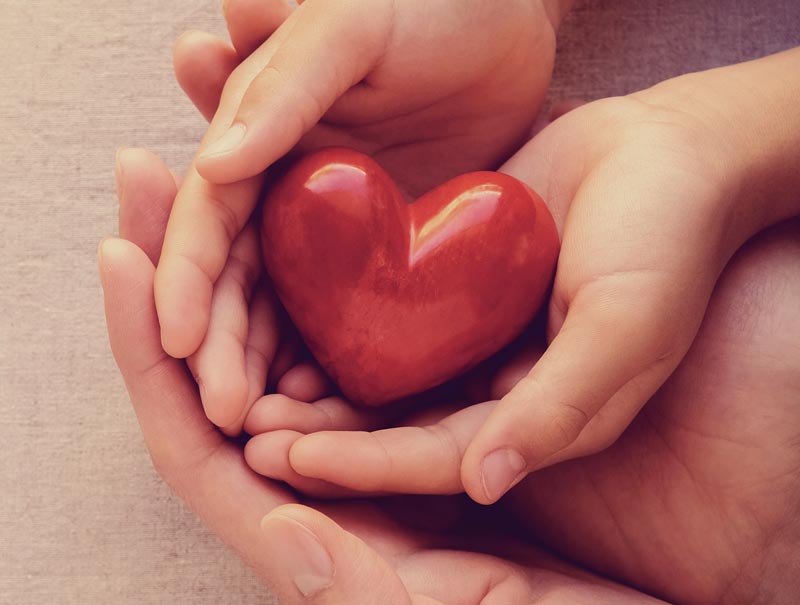Information for clients, whanau and friends
The importance of family, friends and partners cannot be overstated. People who have a good support system heal more quickly if they are able to let those who care about them know what they need.
Your role is an important one
How to be supportive?
- Acknowledge the experience by talking. Offer support and leave your views, questions, and judgements aside.
- Show them you are supporting them through your actions and behaviour. Tell them you are here for them and will support them through their emotional responses. Ask what they need and what they would like you to do for them – it is important, where possible, that the person has some sense of control and contributes to the decision.
- Be patient and effective listener. Allow them to express their feelings. Do not pressure them into talking. It is a big shock when a sexual assault has occurred, and it may take some time for them to begin making sense of the experience. They may not be able to talk with you or give you the details you want, try not to take this personally. Instead, encourage them to take with someone else or to seek counselling.
- They may or may not wish to be held or touched. Ask and then be understanding and respectful of their wishes either way.
- Consider talking about things such as how they sleep, their feelings about being alone, their sense of safety and ability to engage in day-to-day activities – help them to find healthy solutions for the areas they are finding difficultly dealing with.
- Endeavour to provide and maintain a safe, healthy environment by being honest, open, and consistent. This will build a foundation for them to experience support and care.
How to help others?
Helping Children and Young People
If your child or teen has disclosed abuse, or if you suspect it, we have a range of resources and advice for parents and caregivers that can help.
If your child/teen tells you that they have been sexually abused, you are likely to experience a range of emotions. How you react though, will make a difference to their journey towards healing.
Your first response is that you will want to know the whole story and all the details of what has happened, but your child/teen may not be ready or able to talk with you yet. They may even want to protect you for the details, or feel they are to blame. Be careful not to pressure them, as it may cause a retreat or shutting down.
Sometimes the fear of doing more harm makes carers step back from their normal parenting style, but young people still need you to protect and guide them, to keep the boundaries. You can be understanding of why they are acting the way the are, but they will still need to know when their behaviour is unacceptable and incur an appropriate consequence.
If you Suspect Abuse
Talk to them, be patient, let them know that is okay to share their feelings, let them know you care about them.
If you think someone is being abused call 111 and speak to the police.



